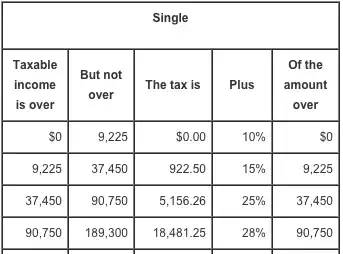First of all, I am sorry for your loss. At this time, worrying about money is probably the least of your concerns.
It might be tempting to try to pay off all your debts at once, and while that would be satisfying, it would be a poor investment of your inheritance. When you have debt, you have to think about how much that debt is costing you to keep open. Since you have 0%APR on your student loan, it does not make sense to pay any more than the minimum payments.
You may want to look into getting a personal loan to pay off your other personal debts. The interest rates for a loan will probably be much less than what you are paying currently. This will allow you to put a payment plan together that is affordable. You can also use your inheritance as collateral for the loan. Getting a loan will most likely give you a better credit rating as well.
You may also be tempted to get a brand new sports car, but that would also not be a good idea at all. You should shop for a vehicle based on your current income, and not your savings. I believe you can get the same rates for an auto loan for a car up to 3 years old as a brand new car. It would be worth your while to shop for a quality used car from a reputable dealer. If it is a certified used car, you can usually carry the rest of the new car warranty.
The biggest return on investment you have now is your employer sponsored 401(k) account. Find out how long it takes for you to become fully vested. Being vested means that you can leave your job and keep all of your employer contributions. If possible, max out, or at least contribute as much as you can afford to that fund to get employee matching. You should also stick with your job until you become fully vested.
The money you have in retirement accounts does you no good when you are young. There is a significant penalty for early withdrawal, and that age is currently 59 1/2. Doing the math, it would be around 2052 when you would be able to have access to that money. You should hold onto a certain amount of your money and keep it in a higher interest rate savings account, or a money market account.
You say that your living situation will change in the next year as well. Take full advantage of living as cheaply as you can. Don't make any unnecessary purchases, try to brown bag it to lunch instead of eating out, etc. Save as much as you can and put it into a savings account. You can use that money to put a down payment on a house, or for the security and first month's rent.
Try not to spend any money from your savings, and try to support yourself as best as you can from your income. Make a budget for yourself and figure out how much you can spend every month. Don't factor in your savings into it. Your savings should be treated as an emergency fund.
Since you have just completed school, and this is your first big job out of college, your income will most likely improve with time. It might make sense to job hop a few times to find the right position. You are much more likely to get a higher salary by changing jobs and employers than you are staying in the same one for your entire career. This generally is true, even if you are promoted at the by the same employer. If you do leave your current job, you would lose what your employer contributed if you are not vested. Even if that happened, you would still keep the portion that you contributed.

It will be interesting @john-wall sharing what worked (and what not) into 5 or 10 years from now.
– quantme Sep 29 '15 at 17:18